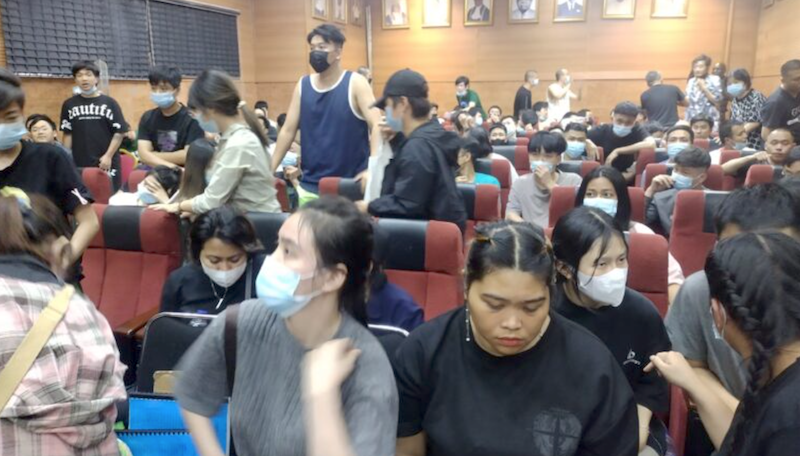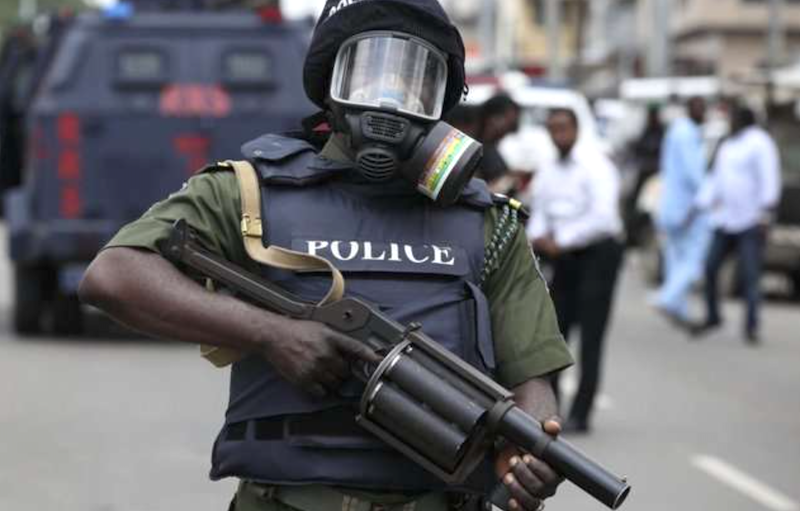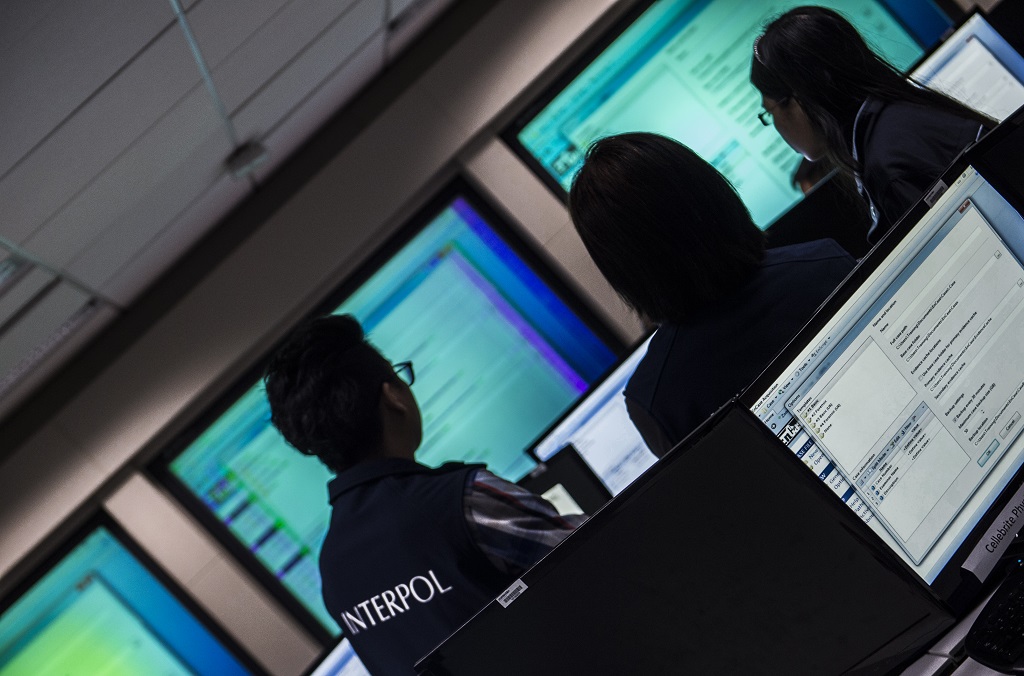Delivering judgment on Friday, Justice Peter Lifu discharged and acquitted Aseyan, stating that the police failed to prove the essential elements of the alleged offences.
The Inspector-General had arraigned Aseyan on a four-count charge of defamation, harassment, and intimidation against another doctor, Olufunmilayo Ogunsanya.
The police alleged that Aseyan used social media platforms to harm Ogunsanya’s reputation. He was said to be her former boyfriend.
The charges were filed under Section 24 of the Cybercrime (Prohibition, Prevention) Act, which addresses online threats and cyber harassment.
To support the case, the police presented three witnesses. Aseyan also called two witnesses to testify in her defence during the trial.
Justice Lifu, while reviewing the matter, noted both doctors were once in a romantic relationship before it turned sour.
He further observed that the two had sexual relations while in the United Kingdom and later made conflicting social media posts against each other.
The judge held that the prosecution failed to prove its case beyond reasonable doubt and therefore could not secure a conviction.
Specifically, the judge said the defendant’s alleged Twitter handle used in the cyberbullying was not tendered as evidence before the court.
Justice Lifu also said there was no proof of threats or intimidation, but rather evidence of a previous affectionate relationship.
Consequently, the judge dismissed all four charges, discharged and acquitted Aseyan, and declared the case closed.
He ordered the police to immediately return all seized items, including her international passport, upon service of the judgment.
Aseyan said she met Ogunsanya online in 2019 and travelled to the United Kingdom in 2020, where she claimed she was raped.
She stated that upon arrival in Leeds on March 7, 2020, tired and disoriented, Ogunsanya offered her wine shortly after she got to his home.
She alleged that after taking the drink, she passed out and later woke up to find that he had allegedly had sex with her without consent.
Aseyan further claimed that Ogunsanya maltreated her before she returned to Nigeria shortly after the alleged incident.









